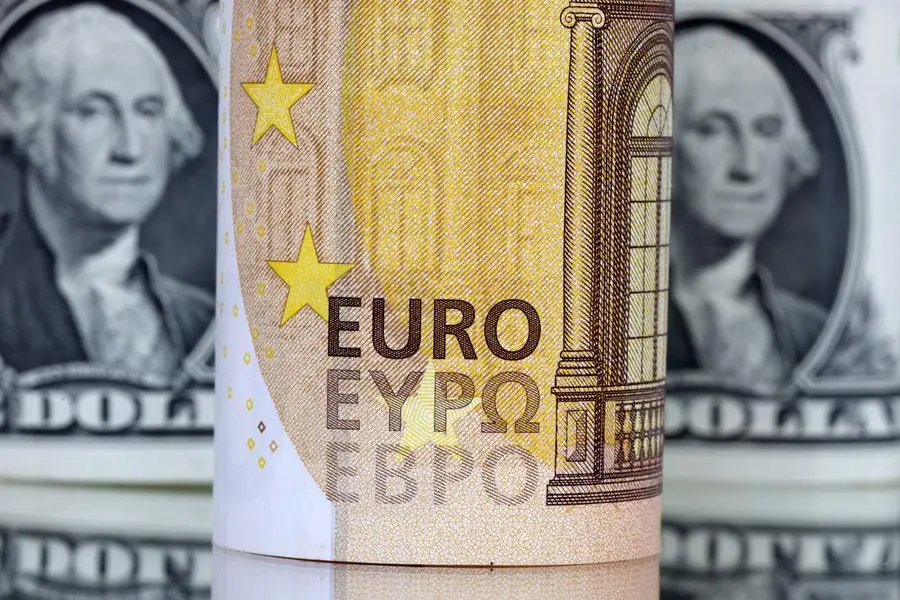PHOTO
ROME - Italy is struggling to meet an end-year deadline to secure parliament's backing for its 2023 budget, lawmakers said, with the risk that spending plans to help the economy will be delayed.
Prime Minister Giorgia Meloni's first budget drives up next year's deficit to 4.5% of gross domestic product from 3.4% forecast in September, as it allocates over 21 billion euros ($22.33 billion) in tax breaks and bonuses to help firms and households cope with the energy crisis.
The scheme also lowers the retirement age and offers fiscal incentives to encourage hiring on open ended contracts.
The budget committee of the Chamber of Deputies will vote on its latest version later on Tuesday, and the government plans to call a confidence vote on the bill in the whole Chamber of Deputies on Wednesday to speed up its approval, lawmakers said.
Barring surprises, the upper house Senate should give the bill the final approval in a second reading next week.
If discussions drag on and the budget is not passed by Dec. 31, limits on government's monthly spending will kick in, limiting new discretionary measures.
Among changes being discussed, the government is studying a "solidarity contribution" from banks to cut fees on digital payments for shopkeepers.
Rome would collect from lenders 50% of the commission fees above a "congruous level" still to be defined, a ruling politicians told Reuters.
The move follows a decision to drop a provision that would relax sanctions for retailers who refuse card payments following criticism by the European Commission.
The budget also includes several tax amnesties allowing taxpayers to catch up with missed payments through reduced penalties.
A measure to be discussed on Tuesday allows sports clubs to pay in 60 instalments nearly 900 million euros in taxes, which were previously suspended and now come due on Dec. 22.
Some 500 million euros are tax liabilities of Serie A soccer teams, lawmakers said.
A further amendment would shield from criminal charges those who settle their tax liabilities, although the Treasury so far has rebuffed calls for such measures.
Critics say such amnesties, which are not uncommon in Italy, encourage people not to pay their taxes in a country where around 100 billion euros in taxes and contributions are evaded every year, according to Treasury data.
($1 = 0.9406 euros)
(Additional reporting by Angelo Amante, editing by Tomasz Janowski)





















